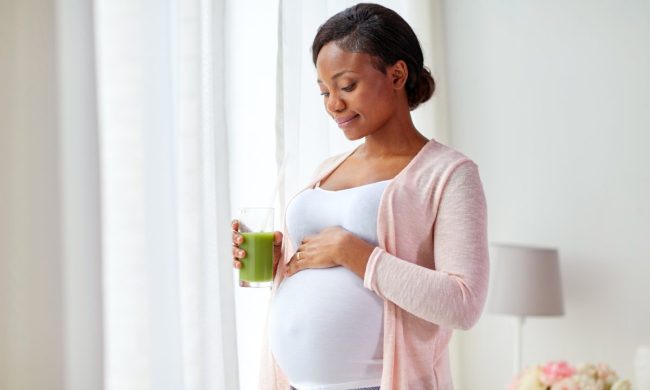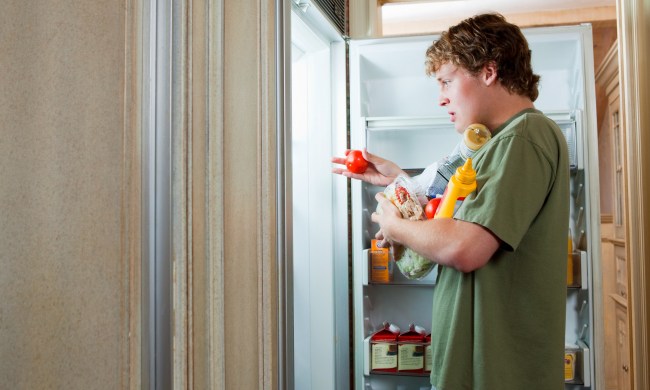From over-the-counter medicines to things in your fridge, we worry about the expiration dates of items that go into our bodies. Some things you could get away with trying past the expiration date, but with others, you don’t want to compromise on the quality. One of those items you don’t want to play around with is a pregnancy test. Whether you want a positive or a negative result, you don’t want that to fail you. Do pregnancy tests expire? Can you use a pregnancy past the expiration date? Here’s what to know about how good the pregnancy test you have in the cabinet is.
When a pregnancy test expires

Have you noticed one on your bottled water? Everything has an expiration date. Yes, even a pregnancy test has an expiration date. Most pregnancy tests will last one to three years after the manufacturing date, some two to three years. That is a huge spread, sure, and an expired pregnancy test isn’t something you want to hope is still good. To keep it safe, don’t buy any tests that are a few months away from the expiration date. You can’t take a test until you are a week late (with most), so there has to be some wriggle room.
Digital vs. non-digital tests
Are digital and non-digital tests the same when it comes to the expiration date? Yes. They both have a shelf life of the same time frame. There might be a difference in how you read the various tests, but both non-digital and digital pregnancy tests have expiration dates. Look at the bottom of the box and on the individual package to find it.
Get the most out of your pregnancy test

We want everyone who uses a pregnancy test to have one less thing to worry about. There are ways to make sure your test lasts as long as intended to give you proper results.
How you should store a pregnancy test
The same goes for medicines and some food items, you should store a pregnancy test in a dry spot at cool to room temperature. If you store them in your medicine cabinet in the bathroom you might think they will be better off there, but that’s not entirely true. Humid conditions can make the test go bad, as well as staying in an extremely hot or cold spot for too long.
Compromised tests could cause you to get a false positive read, so pay attention to where you store it. We know bathrooms are the go-to for storing bathroom-related items, but you shouldn’t put them in there. Moisture and steam from showers can mess with the test. Your bedroom or other neutral area is best.
Does an expired pregnancy test give the right result?
When you take an expired pregnancy test, you are gambling on whether it has enough oomph to detect the hCB hormone that tells the test if you are pregnant. It won’t hurt you or anything, but it just may not have the accurate amount of the chemical needed to read your hormone levels.
Taking a pregnancy test

As with any medication, follow the instructions on the box or package exactly. If it says you can’t take a test until you are at least six days late on your period, don’t take it after being three days late and expect an accurate result. There are early results tests, but you need to buy those specific ones to know sooner. If you don’t use one of those kinds and take a regular test too early, it could give a negative result when you really are pregnant.
You also don’t want to wait too long after taking the test to read the results. Most tests say to wait up to 10 minutes to get the results, and if you wait too long, the moisture in the air could blur the lines or some of the lines could evaporate after a bit of time. Read the directions and follow them closely.
Take the test, then call the doctor
Taking a pregnancy test is only the first step. If you get a positive, you need to make an appointment with a doctor to verify. Even the most accurate test has a margin of error, and you want to be absolutely sure before buying onesies. Once you see that positive pop up, make an appointment to get a full test and checkup at the doctor.
Just like our groceries, medicines, car seats, sunscreens — and yes, the condoms that prevent unwanted pregnancy and disease — expire, so do pregnancy tests. Just like when you check the date on milk and eggs before you grab them, look at the date on the pregnancy test before you buy it, follow the directions exactly, and you will have the most accurate results a pregnancy test can give. Whether you’re hoping for a negative or a positive, we hope you are waiting for the results of a pregnancy test that is still good.




